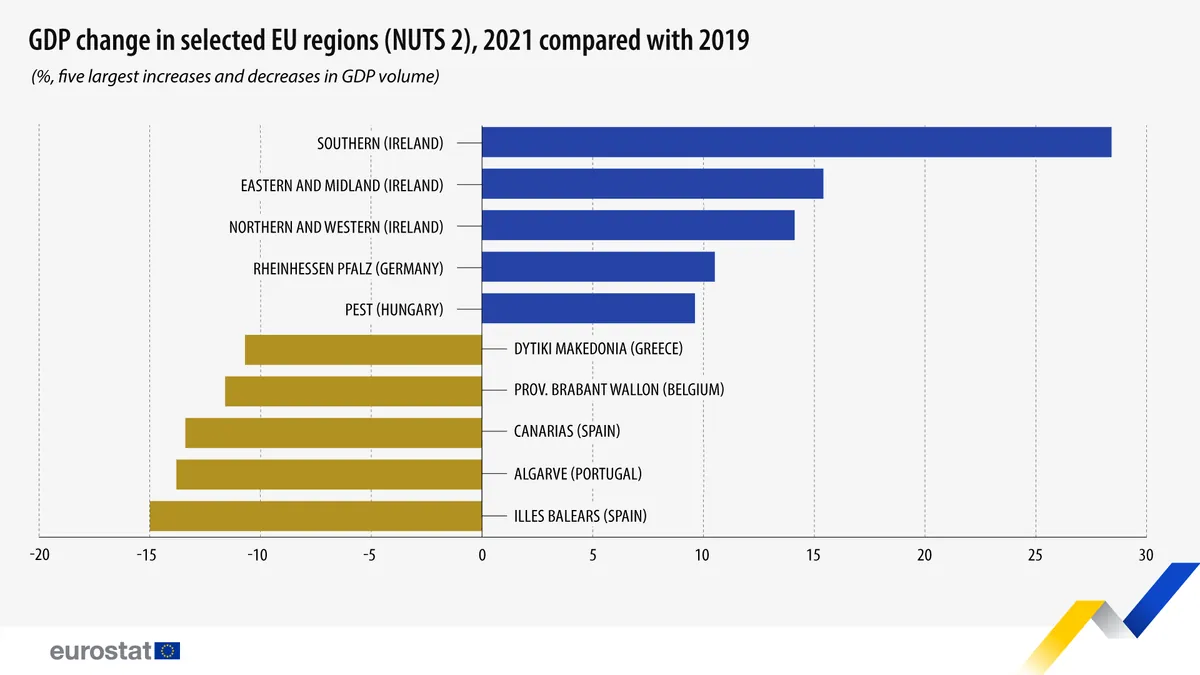EU's Economic Strategies: A History of Ambitious Plans and Limited Results
The European Union's repeated attempts at economic growth strategies have yielded limited success. A new report by Mario Draghi faces similar challenges, raising questions about the EU's ability to adapt and reform.

The European Union has consistently prioritized economic competitiveness, yet its numerous strategies have fallen short of expectations. Since its establishment in 1993, the EU has introduced multiple growth initiatives, each aiming to surpass its predecessor's shortcomings.
In 1993, the Delors Commission proposed a strategy for sustainable economic growth. Seven years later, the Lisbon Strategy emerged, aspiring to transform the EU into the world's leading knowledge-based economy by 2010. When this goal remained unattained, the Europe 2020 Strategy followed, emphasizing smart, sustainable, and inclusive growth. Most recently, in 2020, Ursula von der Leyen introduced the Green Deal, aiming to modernize and enhance the EU's economic efficiency.
Despite these ambitious plans, the EU's global economic influence has diminished. Its share of the world economy has nearly halved since 1993, despite doubling its membership. The income disparity between EU citizens and Americans has widened by over 50%.
In response to these challenges, Mario Draghi, former President of the European Central Bank, has presented a new report. While acknowledging issues such as high energy costs impeding growth, Draghi's recommendations largely echo previous strategies: increased EU budget and borrowing, centralized economic policy-making, and a renewed focus on green energy leadership.

However, the political climate within the EU may not be conducive to implementing these proposals. Member states are increasingly resistant to further integration, with some reintroducing border controls and facing industrial challenges.
The EU's inability to fundamentally rethink its approach is a significant obstacle. Critics argue that the bloc remains burdened by statist policies, bureaucracy, and skepticism towards free-market capitalism. This rigidity may hinder the EU's ability to adapt to changing global economic dynamics.
"The EU was on the road to serfdom if it didn't implement Draghi's report."
The implications of the EU's economic struggles extend beyond its borders. The United Kingdom, despite Brexit, still grapples with similar economic challenges. Both Conservative and Labour economic policies in the UK share similarities with EU approaches, raising questions about the potential for divergence and innovation.
Economists like Joe Stiglitz, Mariana Mazzucato, and Christine Lagarde continue to influence EU economic thinking. However, their statist approaches may be stifling innovation and entrepreneurship within the bloc.
As the global economic landscape evolves, the EU's ability to adapt and reform will be crucial. The success or failure of its economic strategies will not only impact member states but also shape the future of European integration and its role in the world economy.


































